Few things corrode the soul more quickly than cynicism.
Once we decide that people and their ideas simply cannot be trusted, we exclude ourselves from meaningful debate and discussion. We begin to see those with whom we disagree as malign.
In extreme cases, the cynic – so convinced that others act in bad faith – becomes the intellectual equivalent of a tin-hatted survivalist. Trust no one, they say, because they are all as bad as each other.
Committed cynics have done huge damage to our politics in recent years.
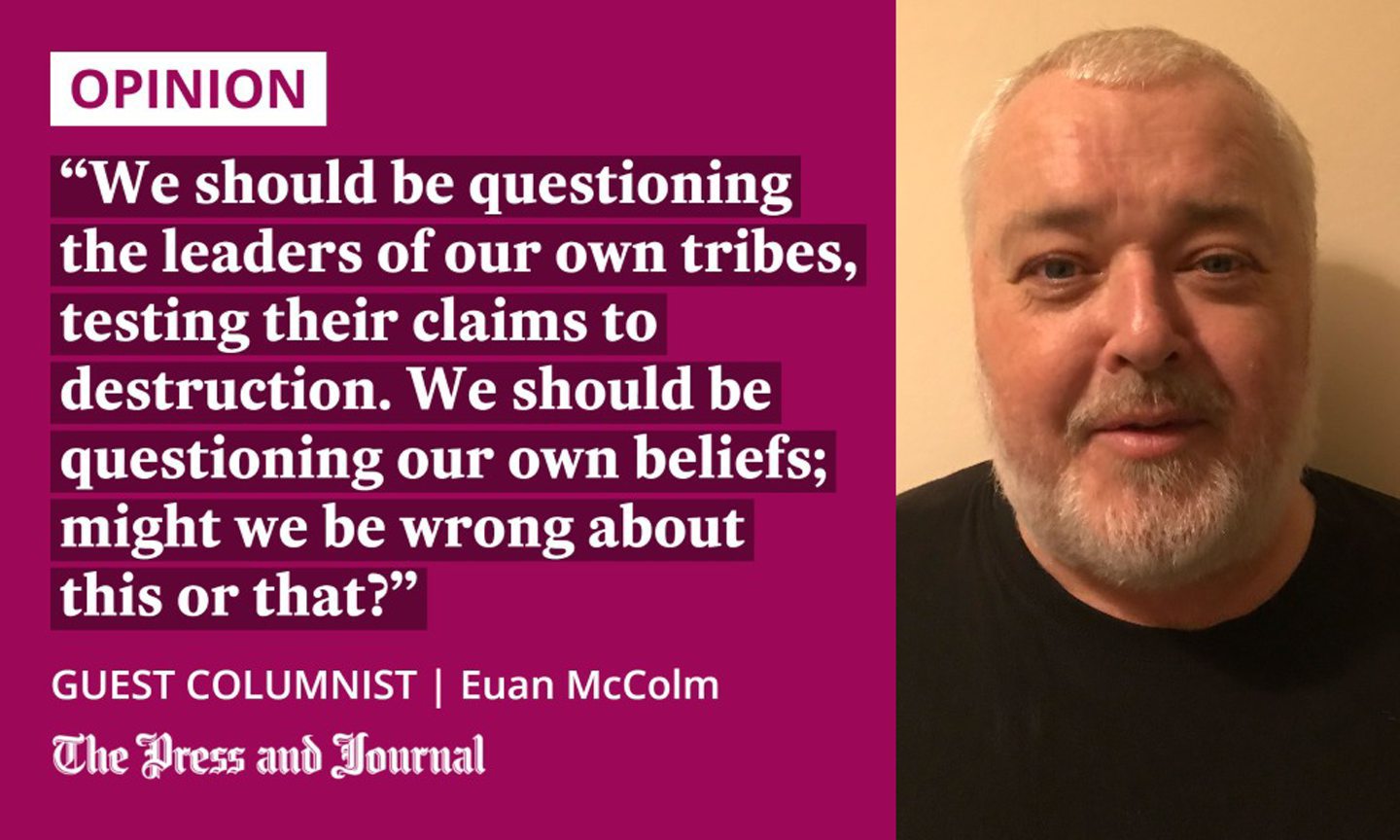
Cynical politicians – be they Scottish nationalists, Brexit-supporting little Englanders, or Corbynistas of the far left – succeed by dividing us. They offer simple solutions to difficult problems and invite us to despise those who dare to disagree.
Thus, those who voted “no” in 2014’s independence referendum are not real Scots, those who criticise Brexit are unpatriotic remoaners, those who don’t worship at the altar of Corbyn are extreme right-wingers.
But, despite the claims of true believers, one is not a quisling for daring to question the SNP’s prospectus for independence, nor a traitor for suggesting Brexit may have been an act of incredible national self-harm. And, no, you don’t have to be a far-right extremist to doubt the wisdom of the far left.
We should be questioning our own beliefs
When we sign up to a strict ideology, we excuse ourselves from thinking too hard about the world around us. If only everyone would agree with us, all would be well. It’s so much easier to dismiss someone whose views oppose our own than it is to engage with them.
It’s time to challenge not just what those with whom we disagree say, but also to challenge those on ‘our side’
All of which leads me to the conclusion that we need more clarity and less certainty in our political debate. The time is right for the rise of the sceptic.
It’s time to challenge not just what those with whom we disagree say, but also to challenge those on “our side”. We should be questioning the leaders of our own tribes, testing their claims to destruction. We should be questioning our own beliefs; might we be wrong about this or that?
Time for a second Scottish Enlightenment?
The cynic diminishes debate, trashing difficult ideas and demonising opponents. The sceptic, on the other hand, helps us pick through the bulls**t in the hope of finding the truth.
The Scottish Enlightenment of the 18th and early 19th century impacted the world. In that new age of reason, old orthodoxies were challenged. Faith was no longer sufficient reason for a belief to sustain.
The influence of Enlightenment figures, such as economist Adam Smith, scientist Joseph Black, and historian Adam Ferguson (no, the drivers of the Enlightenment weren’t terribly enlightened when it came to the inclusion of women) endures around the world to this day.
Right now, in Scotland, we could learn something from the scepticism with which those thinkers treated long-held beliefs.
Euan McColm is a regular columnist for various Scottish newspapers
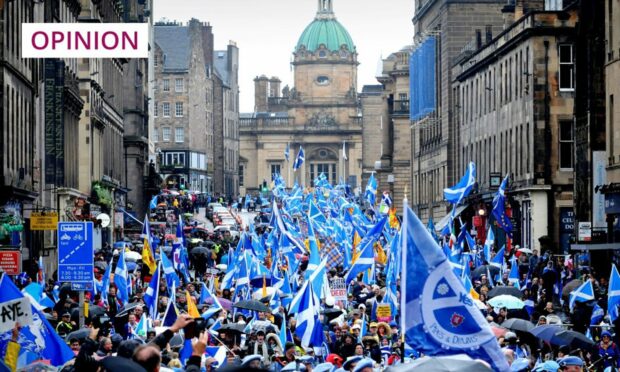

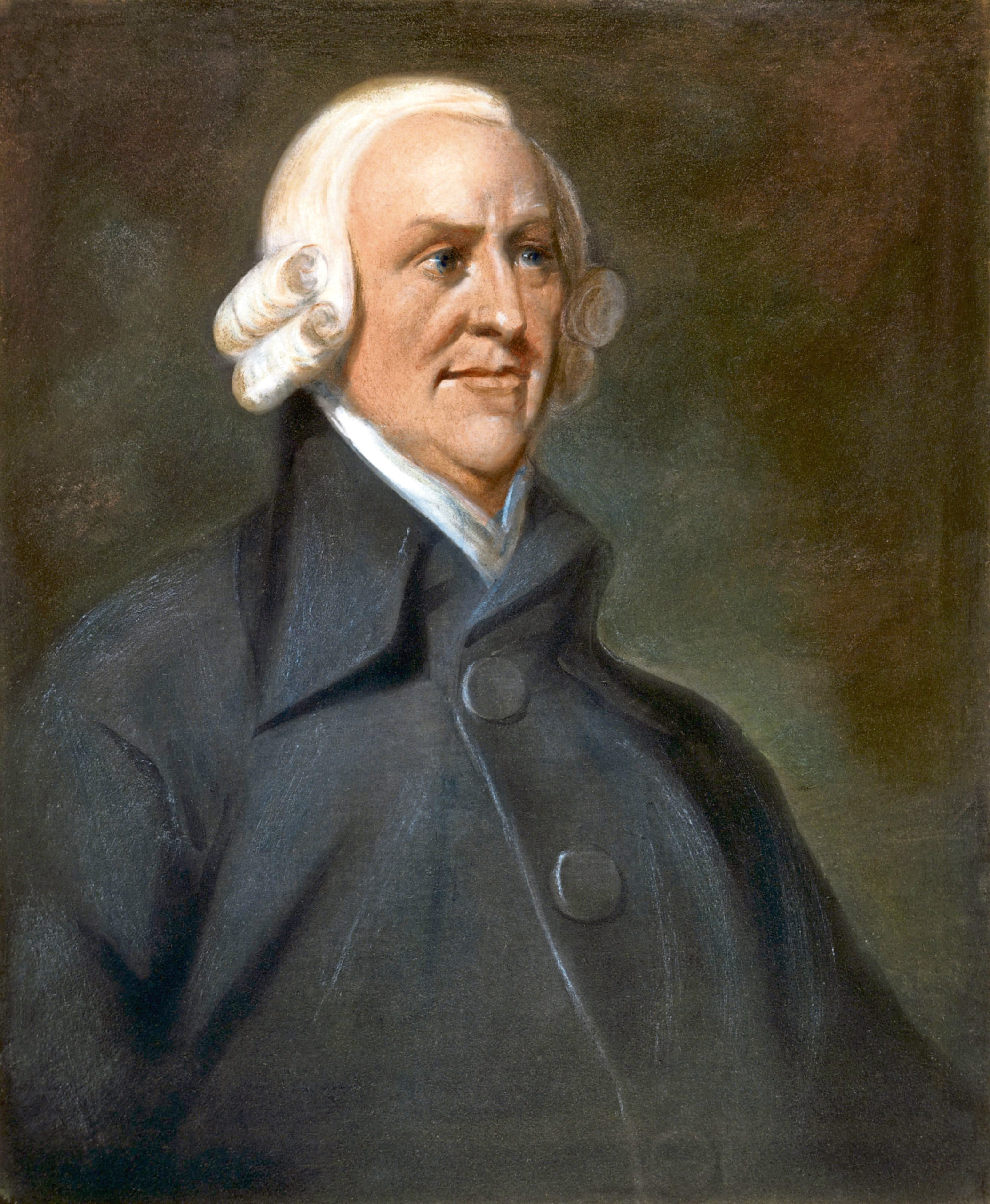
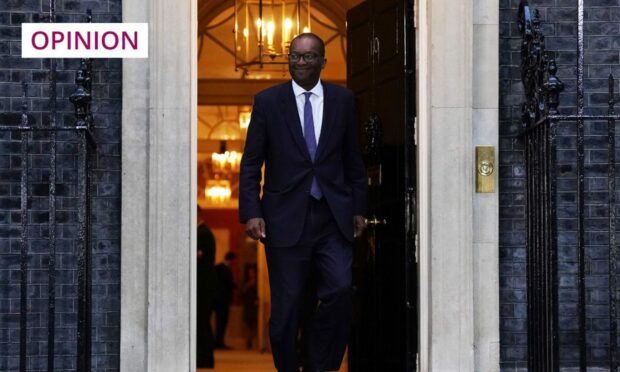

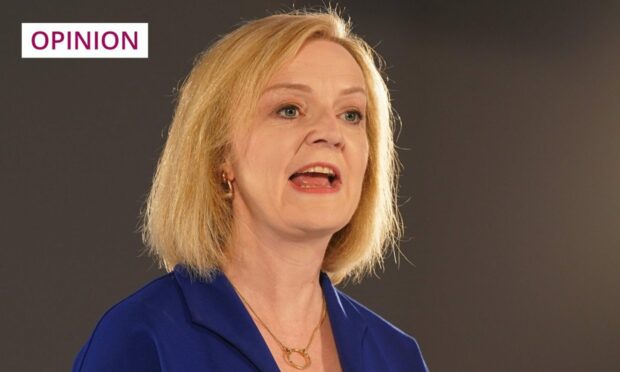

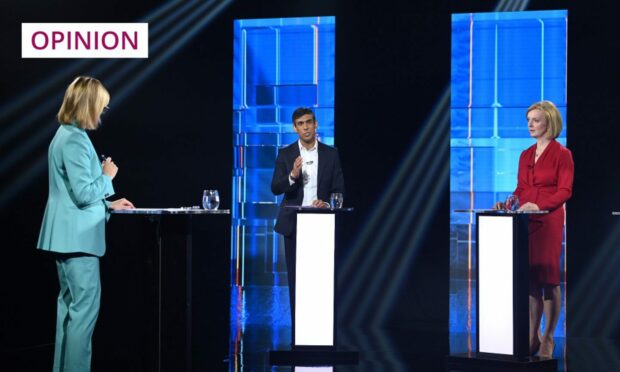
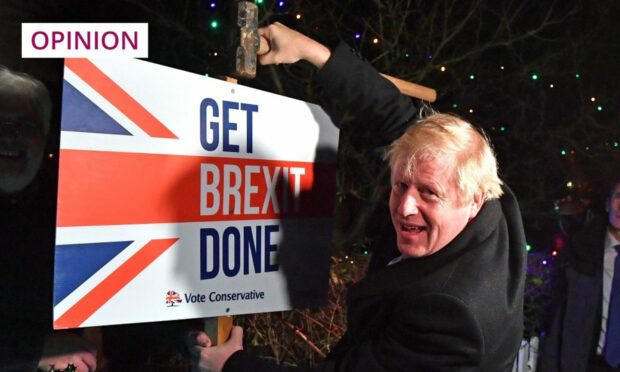
Conversation